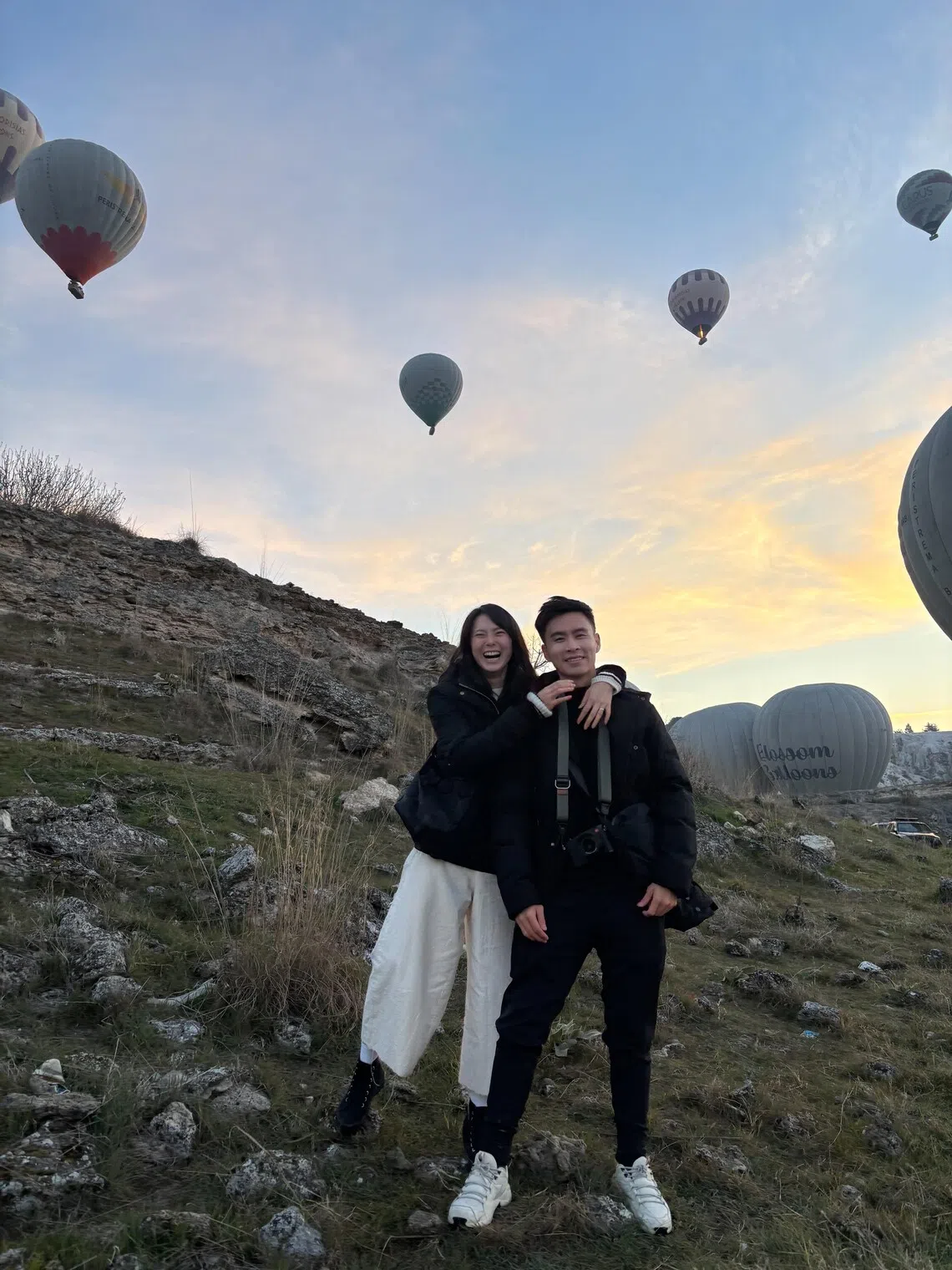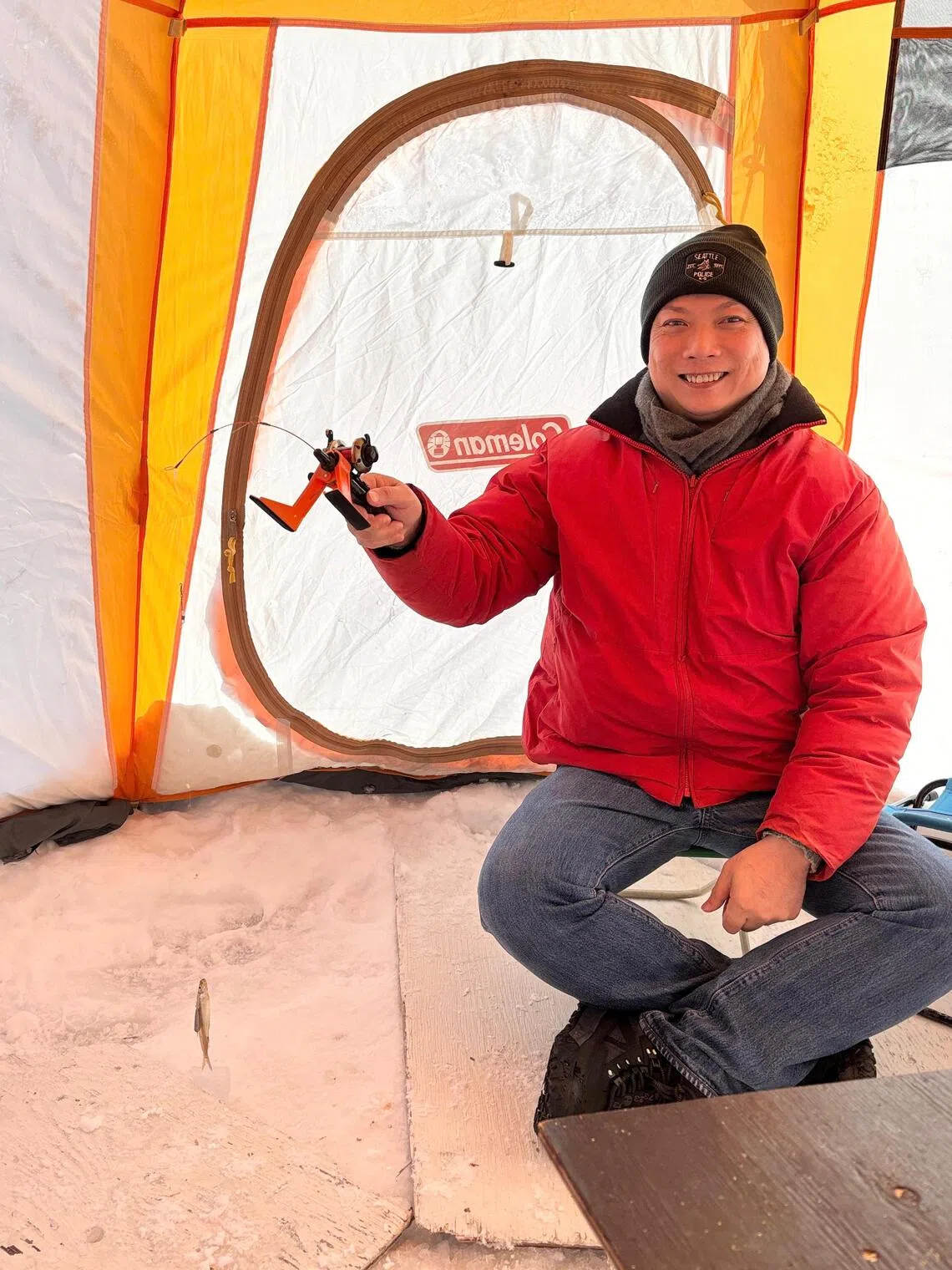AI in travel – boon or bane?
As artificial intelligence gains more traction in travel planning, consumers and companies approach with caution
[SINGAPORE] Like most tech-savvy professionals for whom artificial intelligence (AI) has become part of daily life, it was only natural for Tan Jia Hui to start using it to plan his holidays.
The founder of branding agency Fable took the usual route with apps, such as Wanderlog and ChatGPT, but soon became disappointed with the cookie-cutter results they provided.

His excitement waned over time. “They lack the ability to be sensitive to travel times and contextual advice, giving surface information that one can easily get on search engines,” he explains.
Planning family trips was even more cumbersome, with AI unable to provide reliable Plan B tips. While sourcing railway information for a trip from Hanoi to Sapa in Vietnam, “the timings, companies and station transfers (offered) were all wrong”, he laments.
On a recent trip to Turkey, poor wind conditions meant that hot air balloon rides in Cappadocia were all cancelled except for one single day – which Tan discovered on his own, rather than through AI.
“It kept giving us repeated pointless answers that we could also find on Google,” he says. “Human decision and spontaneity had to take the lead.”
Navigate Asia in
a new global order
Get the insights delivered to your inbox.
Tread with caution
While Tan has given up on AI for travel planning, others, such as Federico Folcia, are still enthusiastic about its potential.
The founder of Crane, a community-focused space provider and events curator, favours Google NotebookLM to put together information, but he follows what he describes as “the Russian approach: trust but verify”.
“I always countercheck, especially since places can close down or information gets outdated fast,” he adds. “I also like to map everything out manually on Google Maps, so that’s double-checking anyway.”
Their experiences show that the effectiveness of AI depends on specific needs and varied expectations. They also highlight how verification is crucial to avoid “hallucinations”, or misleading results generated by AI.
Such sentiments were reflected in Booking.com’s inaugural Global Sentiment Report, which discussed the need to balance enthusiasm for AI and the issues of safety, reliability and security.
The report’s findings were derived from an online questionnaire conducted between April and May 2025, with 37,000 respondents across 33 countries.
While 91 per cent of consumers were excited by AI, only 6 per cent fully trusted it; many still felt the need to verify the suggested information.
The research was unveiled at Booking.com’s Trust Summit 2025, which was held in Singapore on Jul 24. The event saw several key industry leaders convening to discuss the threats and solutions regarding AI and travel.
The trust factor
Booking.com launched its generative AI Trip Planner in June 2023, built into its existing online conversational interface. Thus, the challenges to gain consumer confidence through ethical and security concerns in depth – and breath – hit close to home.
“As the public and private sectors continue to invest in AI as a catalyst for growth, we are entering a new era of adoption: One that brings significant opportunity, but also shared responsibility,” affirms Booking Holdings chief executive officer Glenn Fogel in the Global Sentiment Report.
“Building trust, ensuring transparency and prioritising safety are essential as we guide our customers, and the travel industry at large, into this new chapter.”
Laura Houldsworth, managing director of Asia-Pacific, Booking.com, shared at the summit how the Covid-19 pandemic has shaped current attitudes towards travel.
“Travellers are looking for something different,” she said. “Expectations are higher, and the landscape is more complex. (At the same time), there is also information overload.”
AI’s seeming ability to provide speed, convenience and a degree of personalisation for itineraries is therefore timely. Yet, users’ start or continued use of AI tools depends on whether their real concerns are met accurately.
Within Booking.com, this responsibility falls to leaders such as Marnie Wilking and her team. As the company’s chief security officer, she faces the uphill everyday task of protecting users while they use the platform.
AI and scammers
Also at the summit, Wilking noted a marked increase in scams in November 2022, when OpenAI went public. “Attackers used it to phish e-mails because AI makes it so much easier for them to create realistic-looking e-mails, in many languages, and at scale.”
Wilking explained that the industry is especially vulnerable to cons based on two particular points on the nature of travel.

The first is scammers preying on the “helpful nature” of the hospitality industry. For example, they might try to get hotel clerks to click on links. They might be suspicious but continue anyway as they are trying to be helpful. The second point is scammers preying on the “emotional nature” of travellers.
“These are people who (may have) spent a year planning and saving, to really give their families a great experience. (Scammers may) say your trip will be cancelled if you don’t click on a link,” Wilking explained.
If conmen realise the advantages of AI, companies such as Booking.com do too.
“We’re also using AI to detect and defend against those attacks, making sure malicious links can’t get through, that suspicious attachments can’t get to our travellers and partners, and to (trace) fraudulent properties before they even get posted on our site. It’s really important to Booking.com to provide that security, safety and trust,” said Wilking.
The human element
In the end, like many other digital tools, AI is a double-edged sword. Wilking highlighted that travellers themselves should be alert.
For instance, if an AI accommodation suggestion is suspect, they should call the property to confirm that it is legit. She also advised users to keep their communications and transactions within the Booking.com portal so they can be tracked, verified or rectified.

With travel as a personal passion and work, Mark Wong, senior vice-president, Asia-Pacific, Small Luxury Hotels of the World (SLH), is acutely aware of AI’s pros and cons, especially when travelling to and researching new destinations.
“At SLH, we employ AI for upselling and suggestive selling purposes based on customer search behaviour. Our concern still evolves around data security and guests’ privacy,” he says.
Wong adds that while younger travellers readily adopt AI to curate itineraries, luxury travellers tend to still make choices “given by trusted travel advisers and direct hotel relationships” – at least for now.
On his own travel planning, Wong says that he sometimes uses AI apps for quick inspiration or collating outlines speedily, but still cross-checks with trusted websites and reliable sources on the ground such as friends, hotel owners and concierge teams, “as their first-hand suggestions provide more authentic and personal touches to my travel experiences”.
The avid traveller has himself conceived many memorable itineraries based on reliable recommendations or exploring a place on foot.
“AI cannot (fully) replace human insights and knowledge that make a memorable trip safe and enriching,” he says. “I find the joy in surprises and discovery more rewarding than the click of a button.”
Decoding Asia newsletter: your guide to navigating Asia in a new global order. Sign up here to get Decoding Asia newsletter. Delivered to your inbox. Free.
Copyright SPH Media. All rights reserved.




